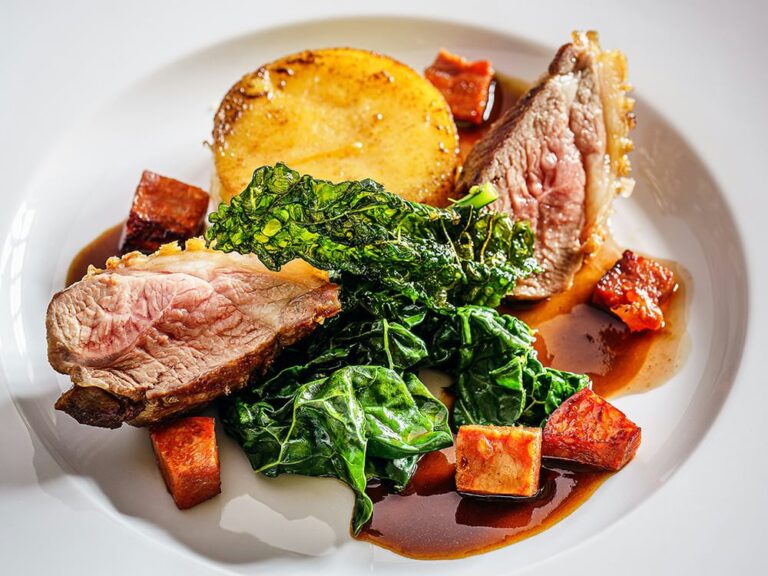reflexive verbs imperative
The imperative mood in French is used to give commands, make requests, or offer advice. When using reflexive verbs (verbes pronominaux) in the imperative, the word order and placement of reflexive pronouns change depending on whether the command is affirmative or negative.
1. Affirmative Imperative with Reflexive Verbs
In affirmative commands, the reflexive pronoun follows the verb and is connected with a hyphen. The pronoun must agree with the subject (which is implied in the imperative).
Conjugation Rules:
- Tu form: The reflexive pronoun is toi (replacing te).
- Nous form: The reflexive pronoun remains nous.
- Vous form: The reflexive pronoun remains vous.
Examples:
| Infinitive | Affirmative Imperative | Translation |
|---|---|---|
| se laver (to wash oneself) | Lave-toi ! | Wash yourself! |
| se lever (to get up) | Levons-nous ! | Let’s get up! |
| se dépêcher (to hurry) | Dépêchez-vous ! | Hurry up! |
| se reposer (to rest) | Repose-toi ! | Rest! |
| se calmer (to calm down) | Calmons-nous ! | Let’s calm down! |
More Examples in Context:
- “Prépare-toi pour l’école !” (Get ready for school!)
- “Amusons-nous à la fête !” (Let’s have fun at the party!)
- “Habillez-vous rapidement !” (Get dressed quickly!)
2. Negative Imperative with Reflexive Verbs
In negative commands, the reflexive pronoun returns to its normal position before the verb, just like in other conjugated tenses.
Structure:
Ne + reflexive pronoun + verb + pas
Examples:
| Infinitive | Negative Imperative | Translation |
|---|---|---|
| se coucher (to go to bed) | Ne te couche pas tard ! | Don’t go to bed late! |
| se fâcher (to get angry) | Ne nous fâchons pas ! | Let’s not get angry! |
| se plaindre (to complain) | Ne vous plaignez pas ! | Don’t complain! |
| se blesser (to hurt oneself) | Ne te blesse pas ! | Don’t hurt yourself! |
| se tromper (to make a mistake) | Ne nous trompons pas ! | Let’s not make a mistake! |
More Examples in Context:
- “Ne te lève pas trop tôt !” (Don’t get up too early!)
- “Ne vous inquiétez pas !” (Don’t worry!)
- “Ne nous énervons pas !” (Let’s not get upset!)
Important Notes:
1. “Toi” in Affirmative “Tu” Commands:
- The pronoun te changes to toi in affirmative commands (e.g., Lave-toi).
- Exception: When followed by y or en, it remains te (e.g., Va t’en ! – Go away!).
2. Reflexive Verbs with Body Parts or Clothing:
- Some reflexive verbs involve body parts or clothing, requiring agreement:
- “Lève-toi !” (Get up!)
- “Brosse-toi les dents !” (Brush your teeth!)
3. Irregular Reflexive Verbs:
- Some verbs like s’asseoir (to sit) have irregular imperatives:
- “Assieds-toi !” (Sit down!) (instead of asseois-toi)
Summary
Mastering reflexive verbs in the imperative requires attention to pronoun placement:
- Affirmative: Pronoun after the verb (e.g., Lave-toi).
- Negative: Pronoun before the verb (e.g., Ne te lave pas).
With practice, these structures will become natural, allowing you to give commands smoothly in French.
Practice Exercise:
Try converting these reflexive verbs into affirmative and negative commands:
- se réveiller (to wake up)
- se brosser les cheveux (to brush one’s hair)
- se souvenir de (to remember)
Answers:
- Affirmative: Réveille-toi ! Negative: Ne te réveille pas !
- Affirmative: Brosse-toi les cheveux ! Negative: Ne te brosse pas les cheveux !
- Affirmative: Souviens-toi ! Negative: Ne te souviens pas !






